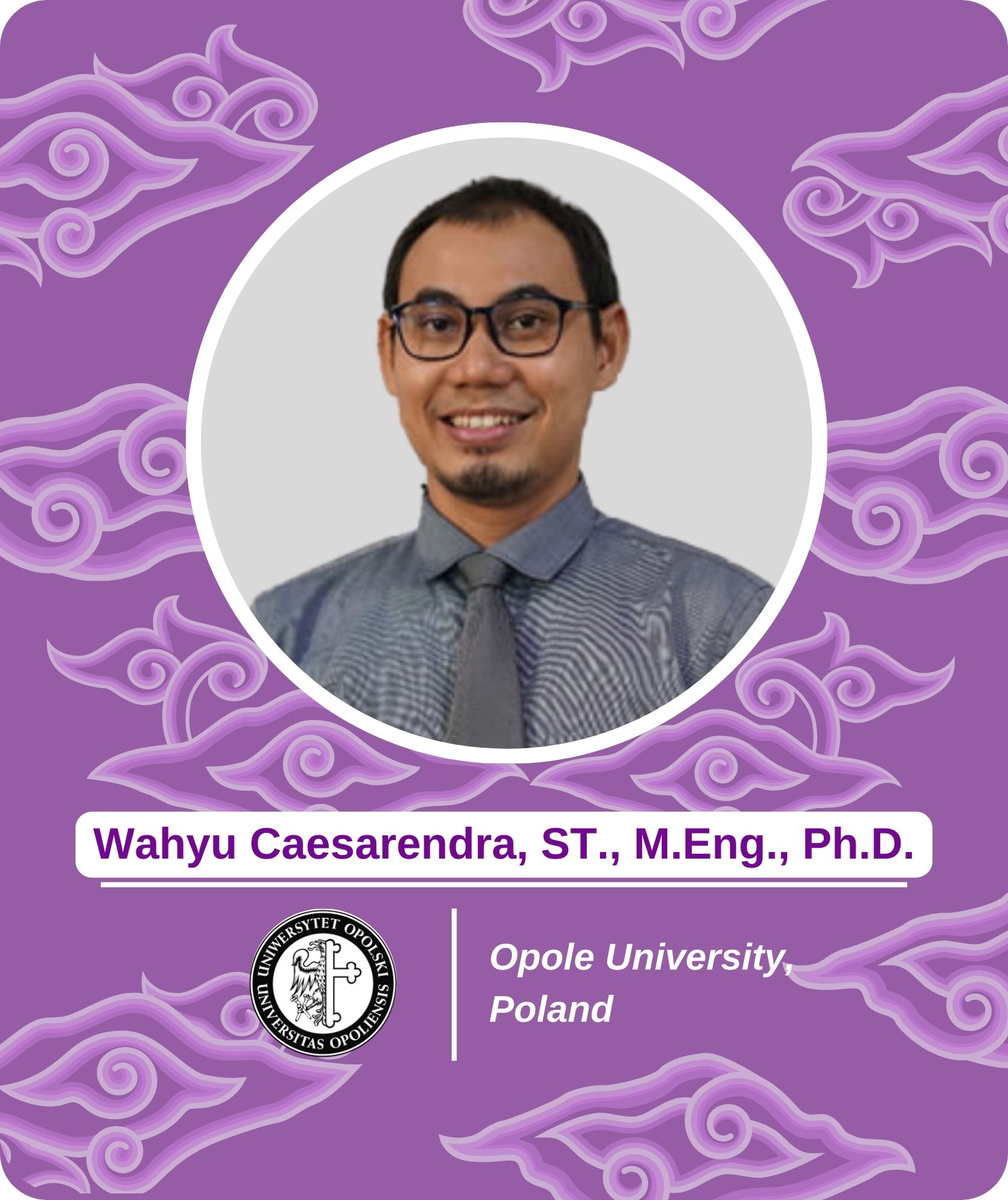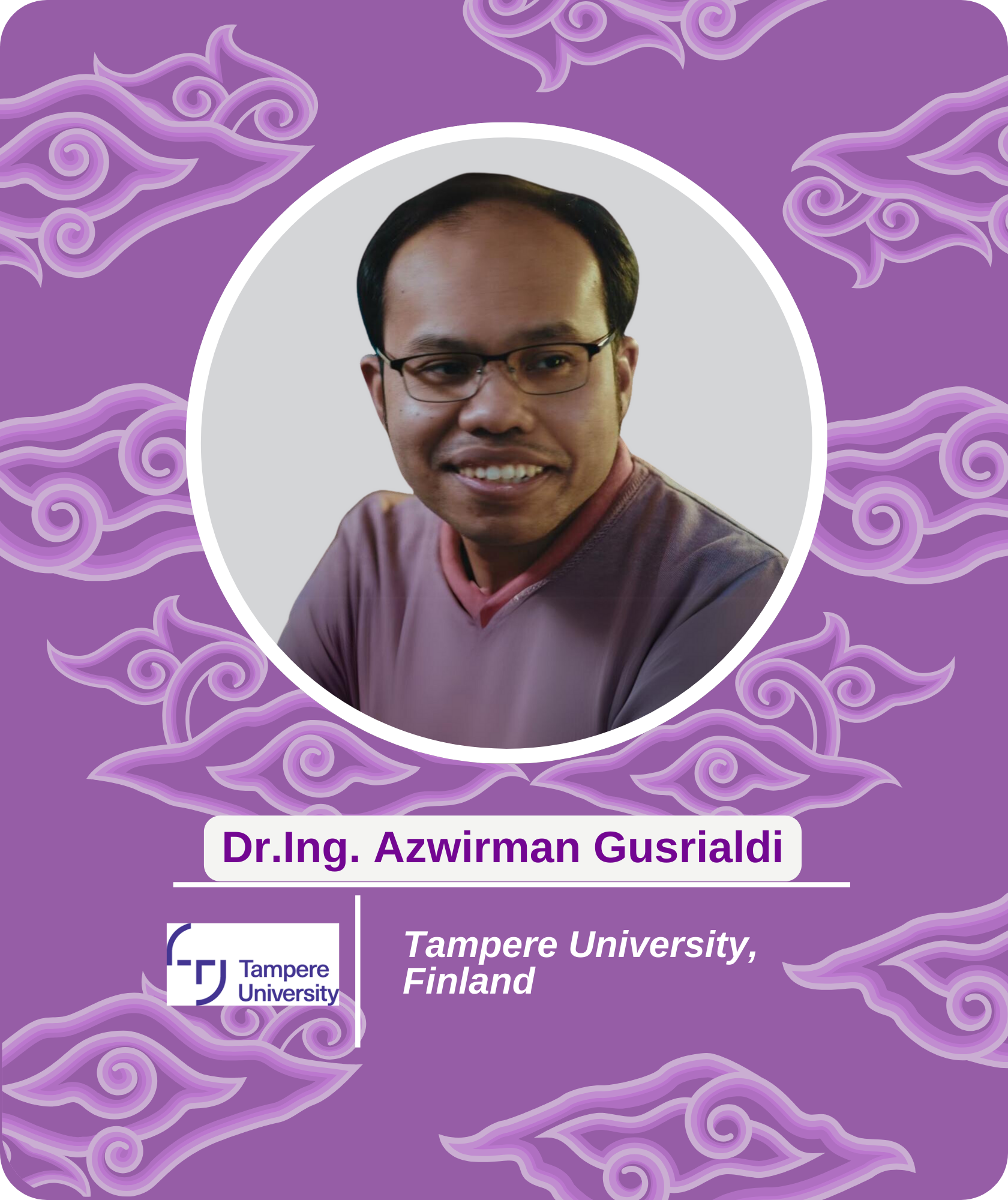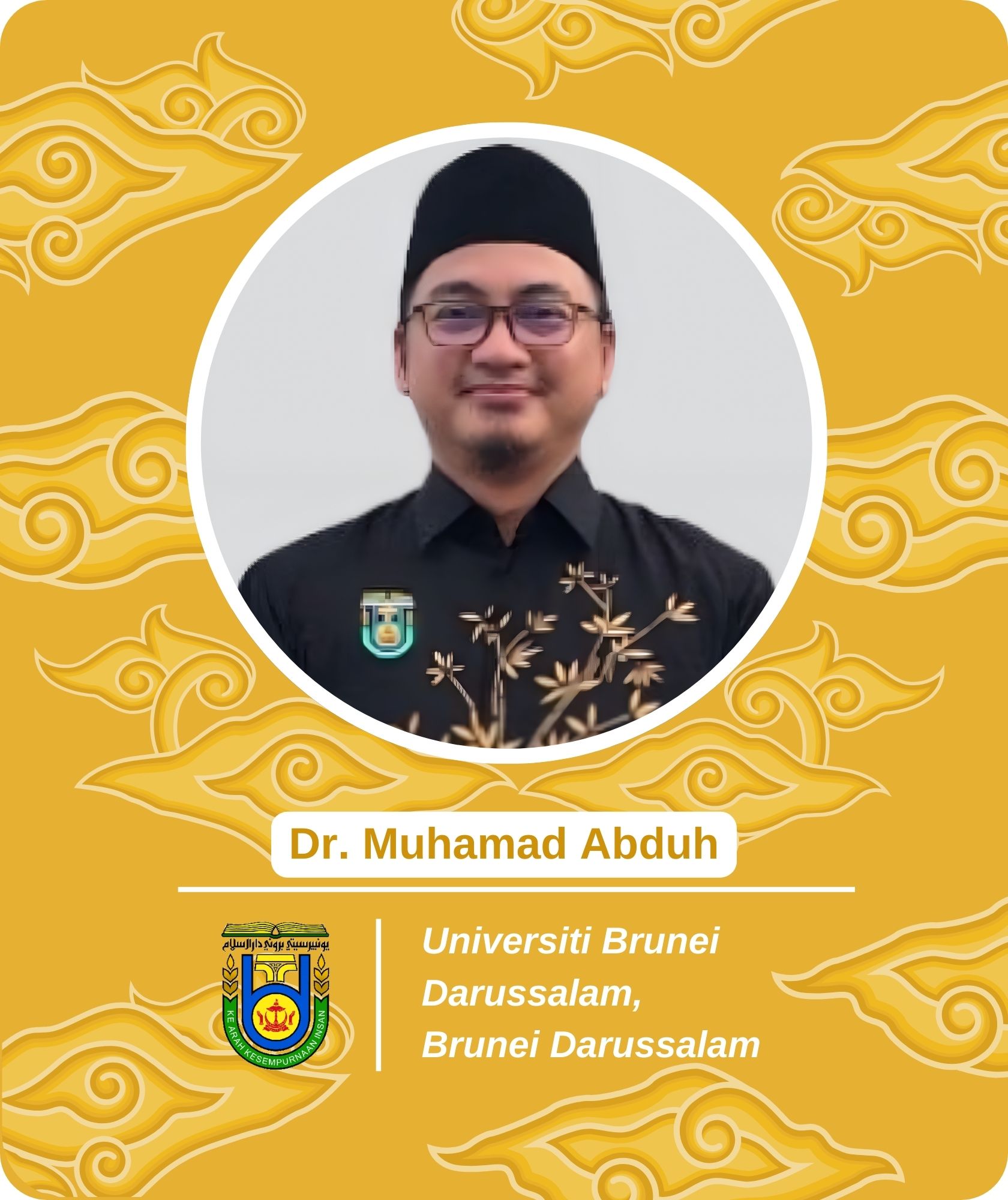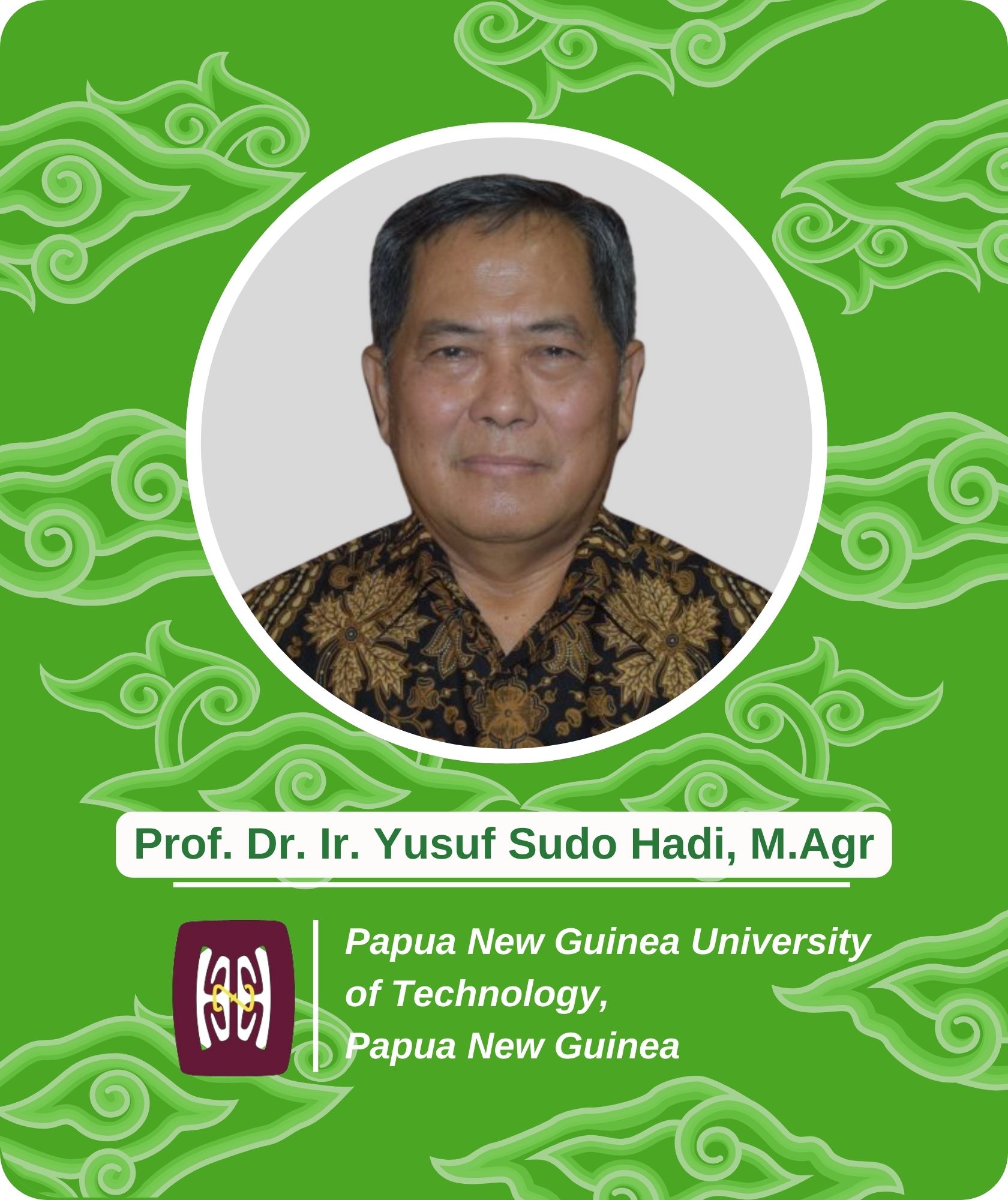Community development of a business ecosystem in sacha inchi products, case study of Purwakarta farmers through the one village one CEO program
Keywords:
Community development, Community empowerment, Sustainable ecosystem business, Sacha inchi, One Village One CEOAbstract
Sacha Inchi (Plukenetia volubilis) represents a significant opportunity for economic, social, and environmental transformation in Indonesia due to its health benefits and versatility. This study examines the development of a sustainable business ecosystem for Sacha Inchi in Parakanlima Village, Purwakarta Regency, under the One Village One CEO program. In collaboration with Bumdes Panca Mandiri and supported by academic and local stakeholders, the program successfully introduced cultivation practices and innovative by-products like Sachifit. This study employed a mixed-method approach that included surveys and Focus Group Discussions (FGDs) with 30 purposively selected respondents. The results reveal that Sacha Inchi cultivation has improved household resilience, generated 80 new jobs, and increased monthly incomes by 27%. Socially, it has empowered communities through knowledge-sharing, leadership development, and youth engagement. Environmentally, the initiative reclaimed 28 hectares of abandoned land, promoted organic farming practices, and enhanced biodiversity. The findings underscore the critical role of multi-stakeholder collaboration in fostering sustainable agricultural innovation. Scaling this model to other regions can maximize its socio-economic and environmental benefits, contributing to Indonesia's broader sustainable development goals.




















